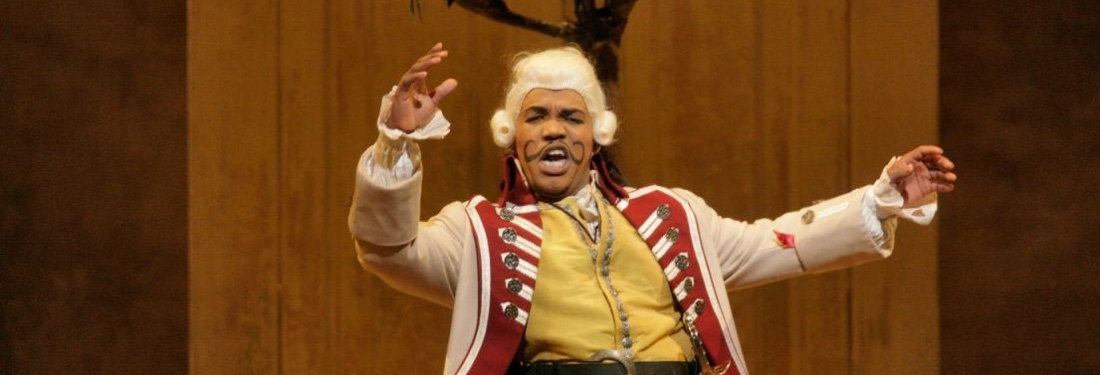
Claudia Cassidy in the Chicago Tribune:
Any one who cannily chose “La Gioconda” for his first opera of the Metropolitan’s Civic Opera House season must have wondered what all the grumbling was about over its predecessors. For the capricious Met put its best foot forward for Ponchielli’s blood and thunder melodrama, and it stepped right out into the Chicago Opera’s opulent settings, beloved these many years not only for their ornamental selves but because they so often displayed Rosa Raisa, the greatest Gioconda of them all.
It is no news to Edward Johnson that his roster possesses no dramatic soprano of that glorious caliber, and no dramatic tenor to keep her thrilling company in the Italian repertory. But he has beautiful Zinka Milanov, whose more fragile soprano is exquisite except when she attempts to darken its color, and he has Richard Tucker, a lyric tenor too good to be dangerously forced, but nevertheless highly effective as Enzo Grimaldo because his voice has that rarest of natural gifts, a beautiful quality of tone. When Mr. Tucker mounted his ship to sing “Cielo e mar,” he walked right into an ovation.
But “Gioconda” is an opera whose intentions at least are in the grand style, and you can’t hope to get by with two stars and a lot of stand-ins. The Met didn’t even try. It gallantly gave its best, put Emil Cooper in a melodiously grateful pit, tossed some direction dynamite at the rejuvenated chorus, added some decorative ballets and won itself a resounding success.
It seemed to me that Rise Stevens was just about the most interesting Laura of my acquaintance. She is lovely in the sense that matters on the stage. A warmth of voice and presence comes over the footlights and you care if she lives or dies. I liked her piquant way with a harlequin mask, her ardor in a love song. When she battled with Milanov over the fortunate tenor, there was no doubt she meant every word she was saying.
Leonard Warren’s Barnaba is enough like Cesare Formichi’s to stir resonant memories. he has the size, the swagger, and essentially the same voluminous baritone for ear filling phrases, tho it is not yet invariably so suave in use. But it is a great voice, something you can count on the fingers of one hand nowadays, and when he can let it burst the dam of eloquence as it did last season, in the Prologue, you know the real reason why it is nonsense now and forever to pretend that opera is dead. It may be ailing, but nothing is wrong that great singing won’t cure.
Opera would, for example, sit up on its deathbed to hear Ezio Pinza’s magnificent basso cantante, and even tho Alvise is far from his most rewarding role, it undoubtedly, would decide to give life another chance. And I am sure it would perk up an ear for Margaret Harshaw’s rich contralto in the beautiful “Voce di donna.” then be willing to give her time to learn something constructive about the stage.
Altogether, this was a performance to make friends and influence people, and after the ballet’s first act harlequinade I was particularly sorry not to see the “Dance of the Hours,” but the Mainsheet Eye blew a fuse last night and the performance got a late start. That was why, you too didn’t hear the big organ.
Happy 76th birthday soprano Felicity Lott.
Born on this day in 1930 soprano Heather Harper.
Birthday anniversaries of composer and arranger Louis Moreau Gottschalk (1892), bass Mihaly Szekely (1901), mezzo-soprano Maria von Ilosvay (1917), tenor Carlo Cossutta (1932) and conductor Elio Boncompagni (1933).
Happy birthday to three utterly irreplaceable operatic gays: Anthony Roth Costanzo, Joseph Cermatori and Michael Fabiano!
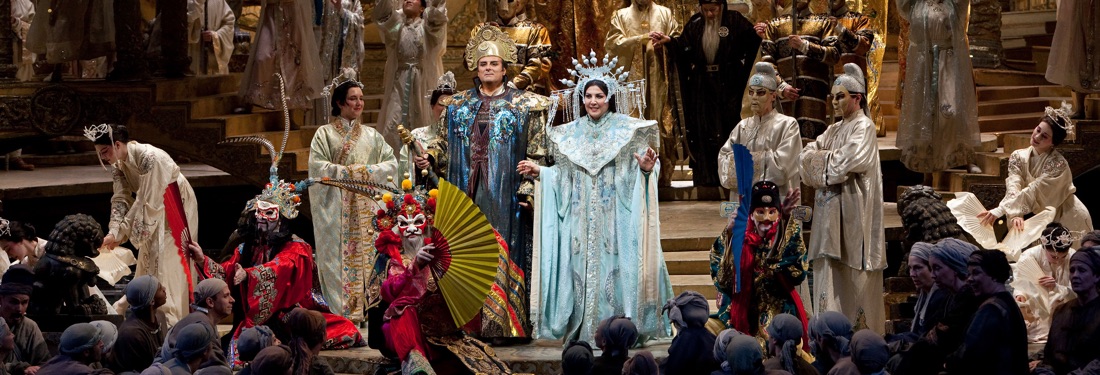
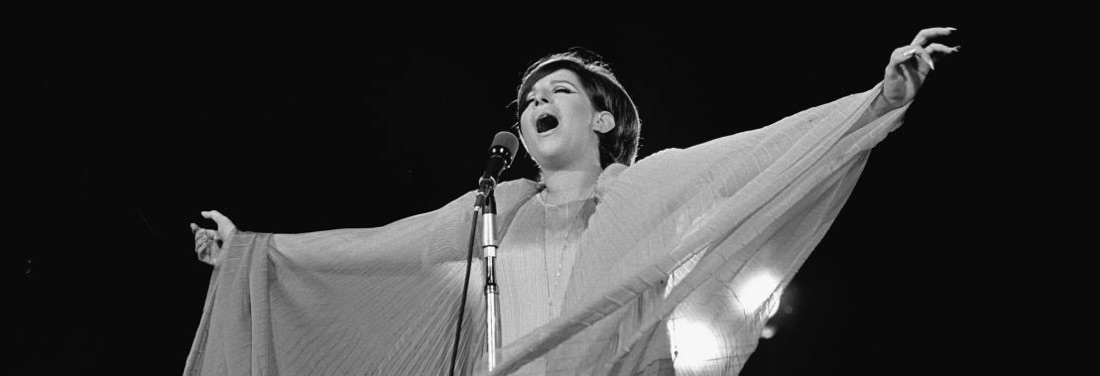
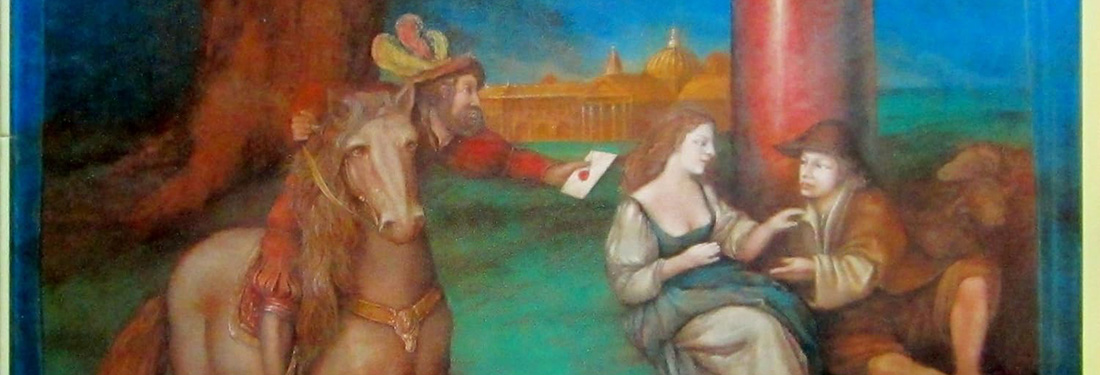
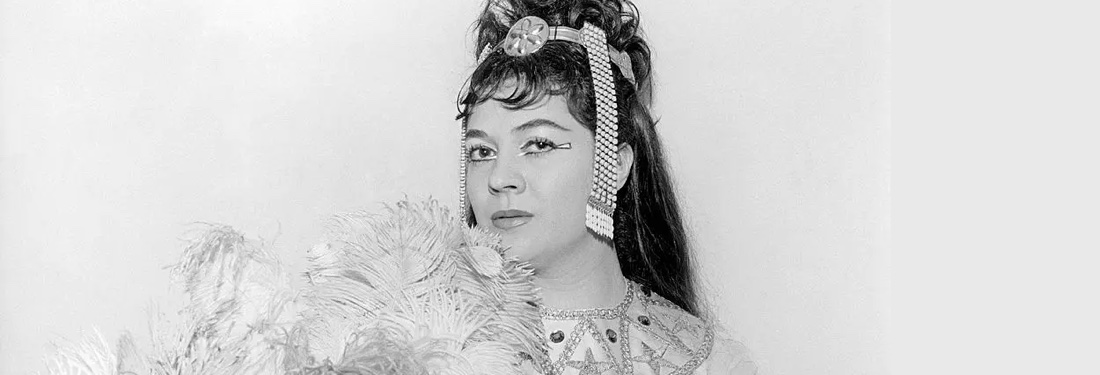
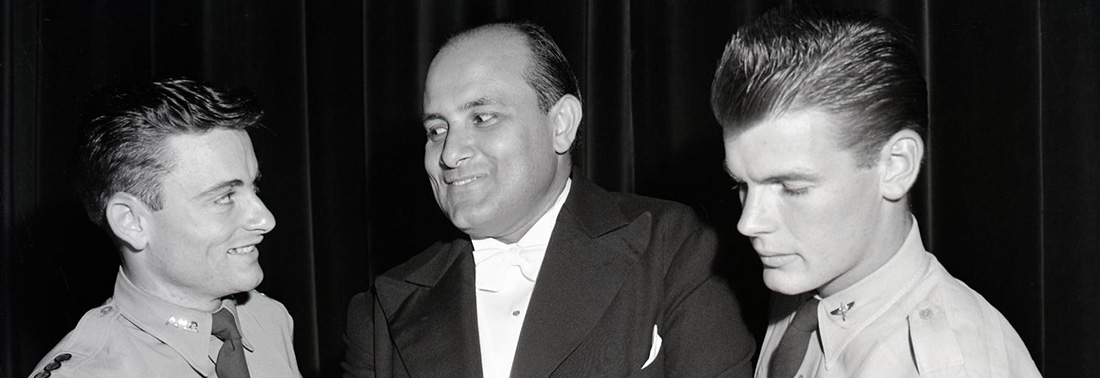
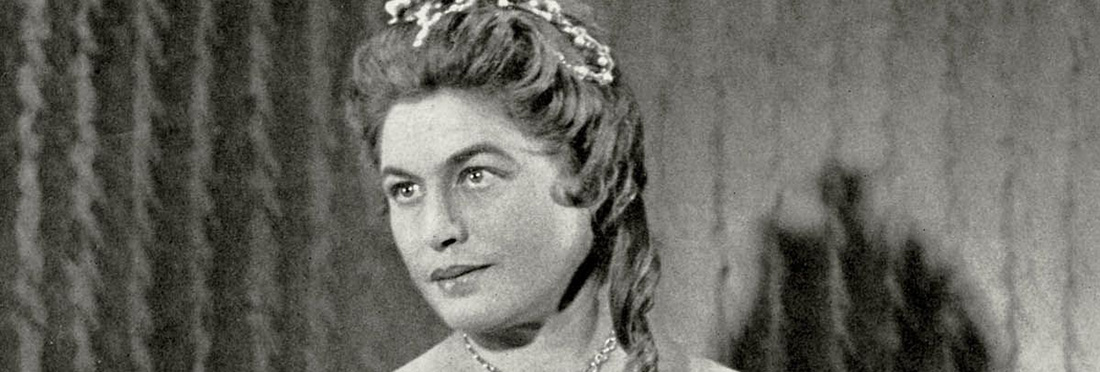
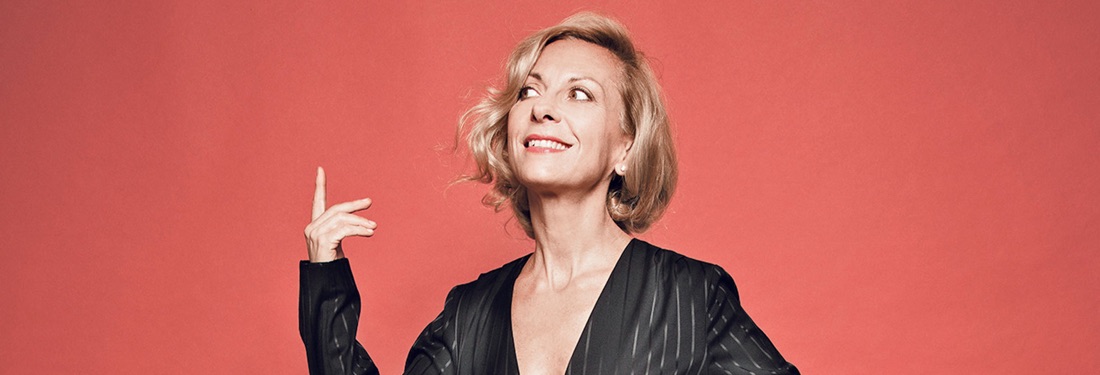
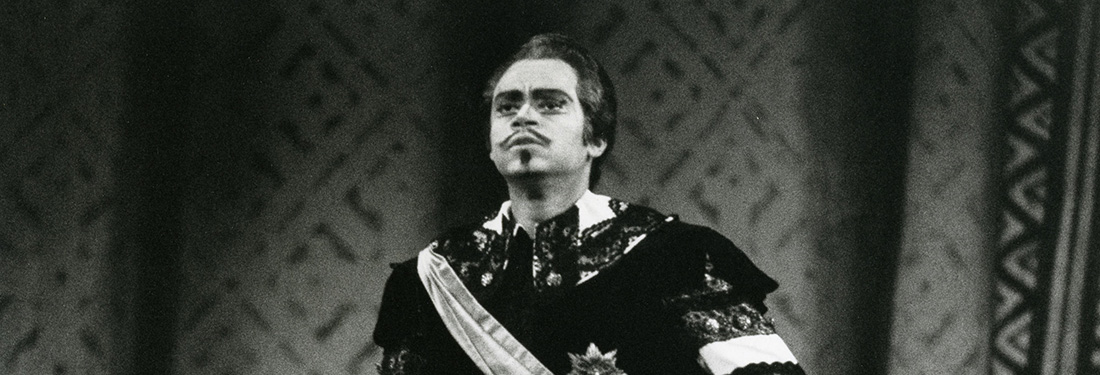
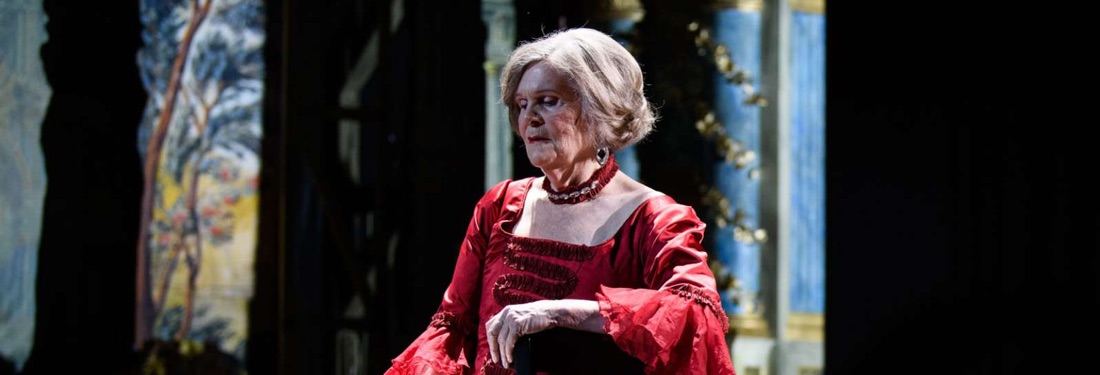
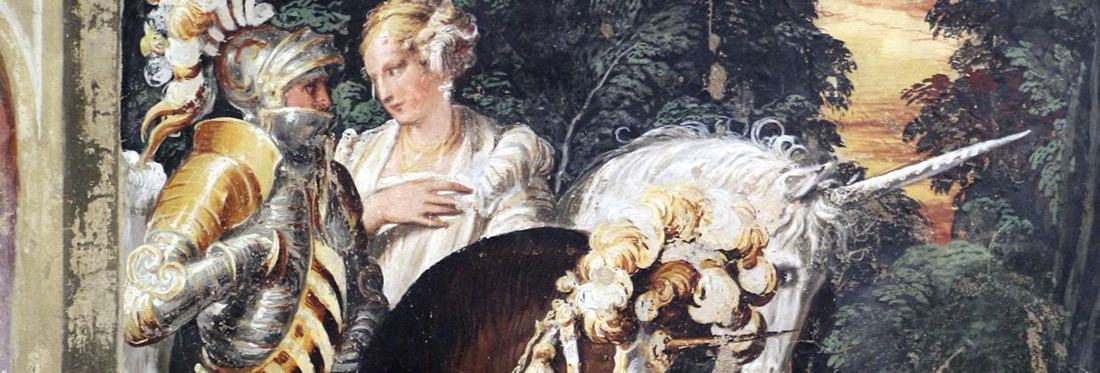

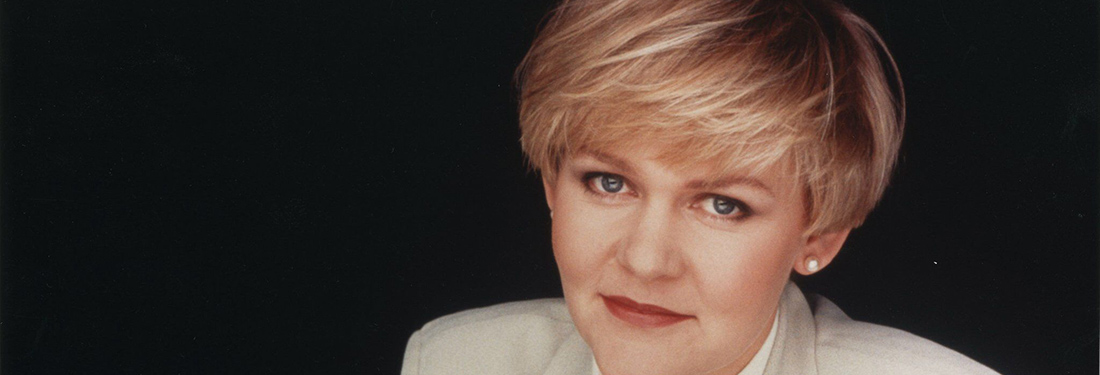
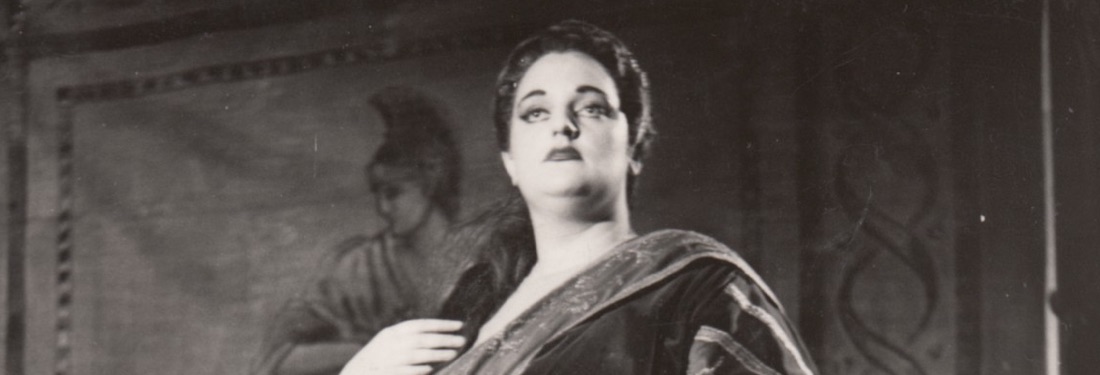
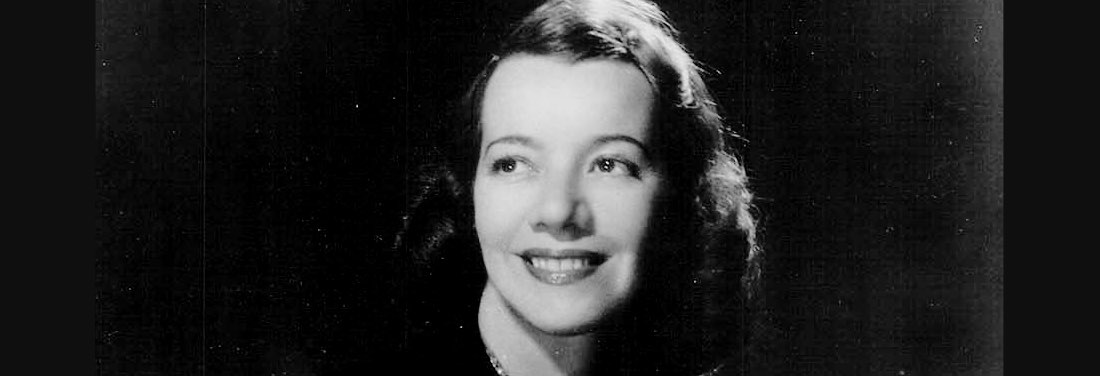
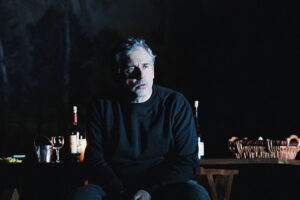
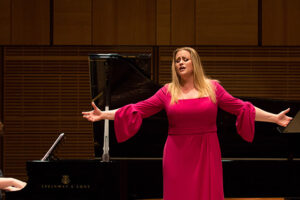
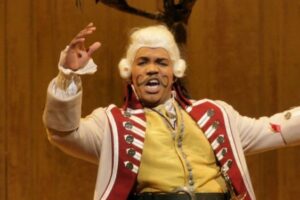
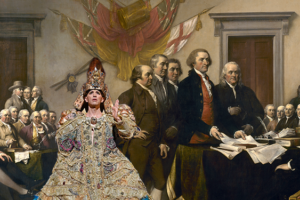
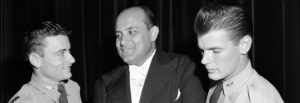




Comments